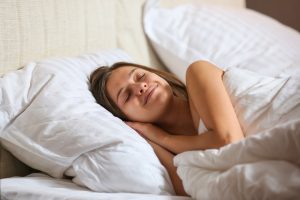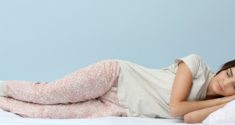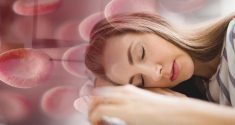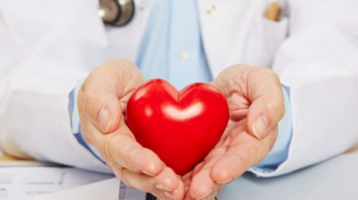Sleep is healthy – this general finding is supported by science. Previous studies had already shown that people who slept after vaccination had an immune response that was on average twice as strong as people who did not sleep the night after vaccination. However, the cell biological reasons for this had hardly been investigated until now. A team led by Professor Luciana Besedovsky from the Institute of Medical Psychology has now demonstrated that sleep promotes the potential of immune cells – known as T cells – to migrate to lymph nodes. The researchers have published their findings in the journal “Brain, Behavior, and Immunity.”
Why Sleep Supports the Immune Response
The scientists repeatedly examined the concentration of different subgroups of T cells in the blood of a cohort of healthy men and women over the course of two 24-hour sessions. In one of the two test conditions, the participants were allowed to sleep for eight hours at night, while in the other they relaxed in bed at night but remained awake. An antecubital catheter connected to an adjoining room via a tube enabled blood to be drawn without disturbing the participants’ sleep. Analysis of the blood samples revealed significant differences between the test conditions: “Our results show that sleep promotes the migration potential of various T cell subpopulations,” says Besedovsky.

The scientists identified growth hormone and prolactin as key factors in this migration behavior. Both hormones showed sleep-dependent changes in plasma concentration, with higher levels in participants who had slept at night. “Our findings also have potential clinical implications,” says Besedovsky. ” For example, growth hormone and prolactin could be considered as new adjuvants to promote the immune response after vaccination, especially in older people, who typically have reduced levels of these hormones during sleep. Overall, the authors see the study as an important step toward better understanding why sleep supports the immune response—for example, after vaccination—and why vaccines are often less effective in older people.
Stimulating the Immune System at the Right Time
By deciphering the cell migration mechanisms underlying the immune response, scientists at the University of Geneva (UNIGE) in Switzerland and Ludwig Maximilian University (LMU) in Germany have shown that the activation of the immune system is modulated depending on the time of day. In fact, the migration of immune cells from the skin to the lymph nodes fluctuates over a 24-hour period. Immune function is highest during the resting phase, shortly before activity resumes – in the afternoon in mice, which are nocturnal animals, and in the early morning in humans. These findings, published in the journal Nature Immunology, suggest that the time of day may need to be taken into account when administering vaccines or immunotherapies for cancer in order to increase their effectiveness.
Additional data also suggest that stimulation of the immune system at different times of day produces the same fluctuations, peaking in the morning. But why is the immune system controlled by an oscillating rhythm? Circadian rhythms act as an energy-saving system to make optimal use of energy resources according to the most immediate needs. Could this be a way for the immune system to be on alert at times when the risk of exposure to pathogens is greatest due to food intake and/or social interactions? Could we also be more susceptible to pathogens in the evening and at night? It is too early to say. Nevertheless, the importance of the circadian rhythm for the immune system is only just being discovered and could be of great significance for preventive vaccination, the administration of anti-tumor therapies, and the treatment of autoimmune diseases.






